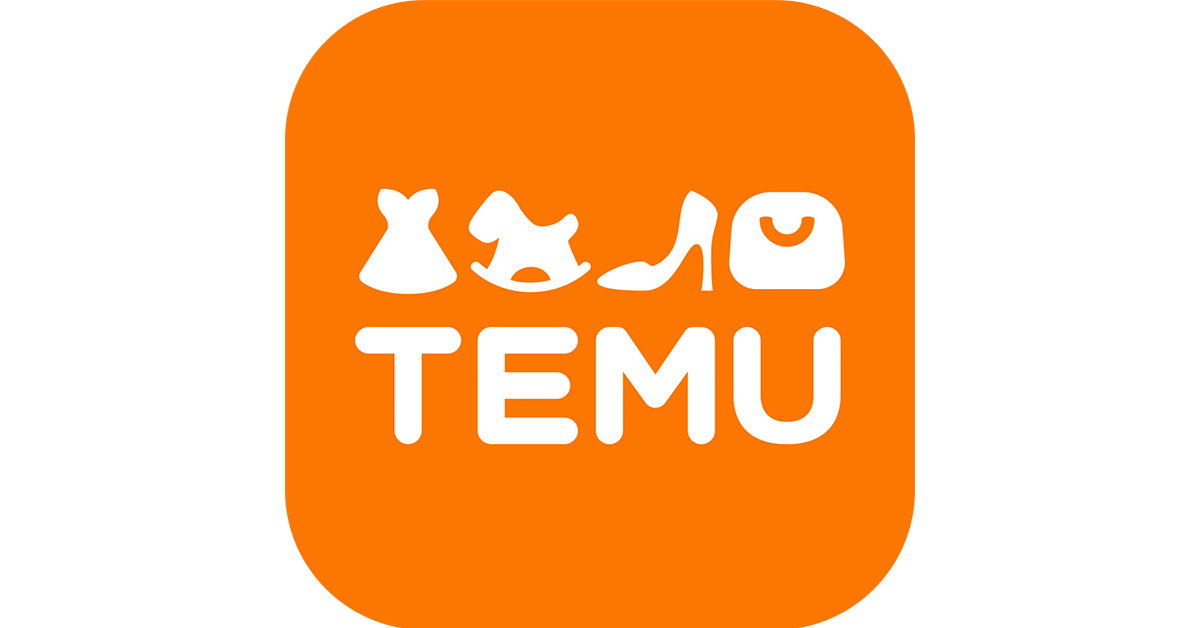Jeon ...
Puchimgae or Jijimi (Jjim, Jjimmi) is a Korean dish and a pancake method of cooking in which ingredients such as fish, meat, and vegetables are thinly fried in oil in a shallow, wide-mouthed pot or frying pan. It is commonly eaten on holidays such as Seollal and Chuseok.
Jeon (煎) is a compound character with the character 火 (火) below the character 前 (前), and means 'to cook' or 'to support'. The word 'Jeo-nya' also originated from this character. In the old royal court, it was also called jeonyueo (煎油魚) or jeonyueohwa (煎油花). The Japanese confectionery jeonbyeong (煎餅, senbei) also uses this character 煎 (jeon), but it has no relation to buchimgae or rice cakes (餠), and only has a meaning in the broad category of 'to cook'. On the other hand, Chinese jeonbyeong (煎饼, jianbing) refers to a dish made by cooking wheat flour dough, unlike Japanese jeonbyeong, and is similar to Korean jeon.
In southern China, the dish of frying meat dough like this is called nanjawansi .
and here jeon (煎) also has the same meaning of frying with less oil.
In the southeastern dialect, it is called 'jijim (jjijim)' and 'jijimi (jjijimi)', and in the Standard Korean Dictionary published by the National Institute of the Korean Language, it is listed as a standard pure Korean word, but today, only 'buchimgae' and 'jeon' are used as standard language, and 'jijim' and 'jijimi' are more recognized as slang or dialect. 'Jijimi' is the standard word, while 'jijim' is not recognized as the standard word. Also, the Standard Korean Dictionary explains that it is a 'general term for food fried in oil', but in reality, it is limited to a special type of dish, and 'fried food' is used as a general term for food fried in oil. Similarly, the word '煎物(油煎物)' is presented as a synonym for jijimi, but it is rarely used in everyday life.
The similarly named 'jijimi' or 'jijimgae' sometimes means 'food boiled down to almost nothing', which is presumed to be related to the word 'jjigae', which has a similar meaning. The Standard Korean Dictionary lists both jijimi as a pancake and jijimi as a food boiled down in broth. This is also called 'jeon' in Chinese characters, but the letters are different: 'jijimi jeon(臇)', not '달일 전(煎)'. North Korea often uses the form 'jijim', such as '감자지짐', which means potato pancake in Gamjajarang. During the Goryeo Dynasty, frying pancakes was called hwajeonnori.
A collection of various pancakes is called asumjeon.
There are types that are made with flour or other dough as the main ingredient, such as pajeon, buchujeon, kimchijeon, mung bean pancake, and miljeonbyeong, and they are divided into types that are made by frying flat, and types that are made by first coating the main ingredient in flour and coating it with egg, such as pumpkin pancake, fish pancake, sanjeok, donggeurangttaeng (meat dumpling), cabbage pancake, and dombaegi pancake (Gyeongsang-do). Although they are made with flour and are fried with oil, the two types are actually different dishes. The former is made with dough as the main ingredient, and the latter is made with fillings as the main ingredient. The former is also called buchimgae.
They are mainly eaten as holiday dishes. Even in the 2000s, women would spend the whole day frying pancakes in the kitchen during holidays, so it is said that the smell of oil would make their stomachs turn. In recent years, the culture of prohibiting men from entering the kitchen has disappeared, and the sight of men and women of all ages gathering together to make jeon is often seen as a recent holiday scene. It is also a good dish for children or teenagers who do not know how to cook. Although it requires a lot of work, it does not require any special skills and the recipe is simple, so it is easy to learn.
Jeon is often piled up on the holiday ancestral rite table. However, jeon is a fatty food, so if you eat a few pieces, you will end up with leftovers. That is why recipes like jeon japtang jjigae, which will be described later, have emerged. However, these days, people do not gather often for holidays, and the trend is to only make enough to eat, so this kind of scene has largely disappeared.
Usually, on holidays, people fry fish jeon or put it on the ancestral rite table as a round pancake. These days, flat jeon like pajeon is also served. Traditional table settings have fewer types of jeon, and instead of baking them in small pieces, they are baked in large chunks. In fact, it used to require less work than it does now.
People who have never tried to fry pancakes themselves and have only eaten pancakes made by others often think that frying pancakes is easy, and so they often make fun of it. For example, let's make it simple by simply frying two or three kinds of jeon and tasting them. Of course, if you reduce the amount of jeon you make, the amount of labor to fry jeon itself will decrease proportionally, but the labor to prepare the ingredients and season it will not decrease as much. Rather, it becomes extremely inefficient and cumbersome to set up a pan to fry jeon in order to fry a little. However, people who have never done it themselves often think of frying jeon only as the process of frying it in a frying pan and misunderstand that it won't be that hard if you fry it a little. However, the preparation has also become much simpler. The market sells dried pollack, and butcher shops sell meat cut into pieces that are easy to fry in meat pancakes, or if you are making sanjeok, they will cut it wide for you. Frozen donggeurangttang is often used as a substitute for sanjeok or tofu jeon. Although the preparation is still longer than grilling, such as having to drain the moisture in advance, it is much better than when you had to start by chopping donggeurangttang. It is.
In Gyeongsang-do, if you put leftover holiday food in a pot and add soy sauce, anchovy and kelp broth, minced garlic, and red pepper powder, it becomes jeonjjigae. However, since the jeon skin is made of flour, the broth spreads out. For this reason, people either like or dislike jeonjjigae.
'Korea Culture' 카테고리의 다른 글
| 98.Pumpkin Pancake and Beef Radish Soup (0) | 2024.09.12 |
|---|---|
| 97.Samseoknamul (0) | 2024.09.12 |
| 95. Bindaetteok (0) | 2024.09.12 |
| 94. Songpyeon (0) | 2024.09.12 |
| 93.Chuseok or Hangawi (0) | 2024.09.07 |


